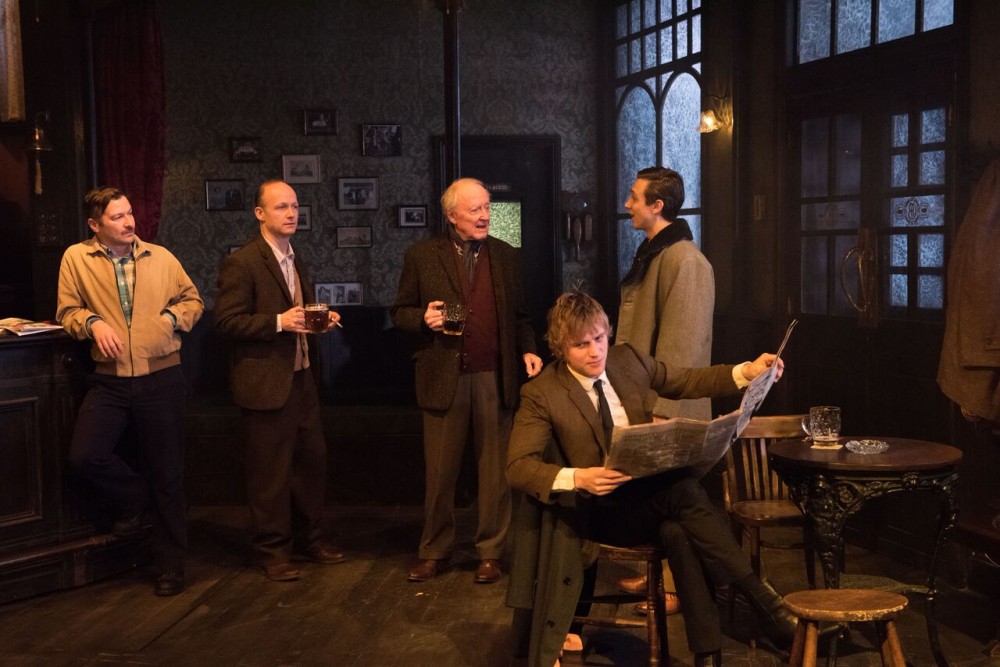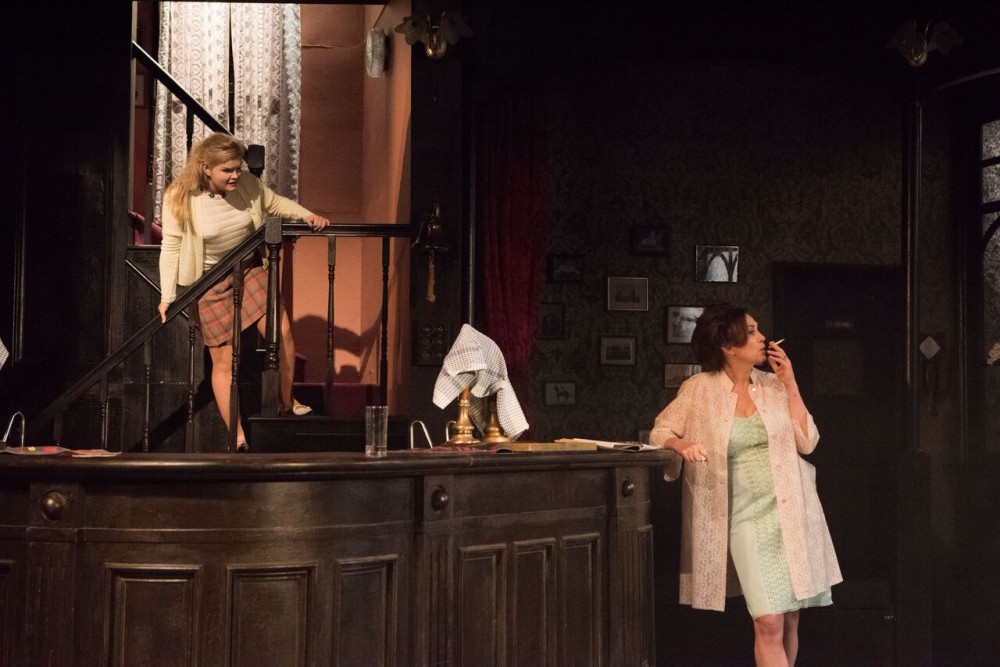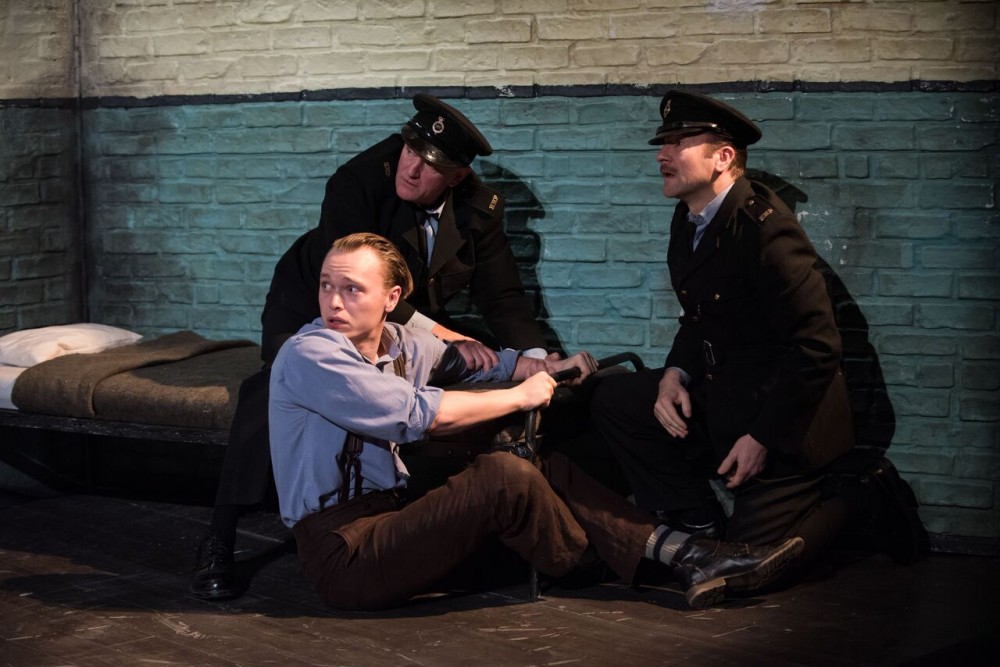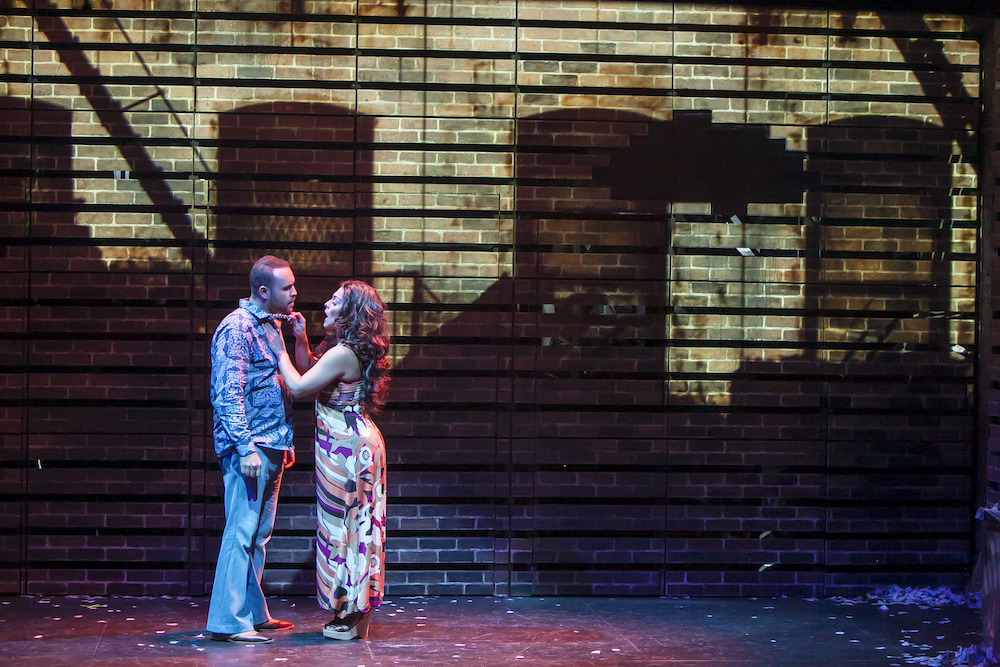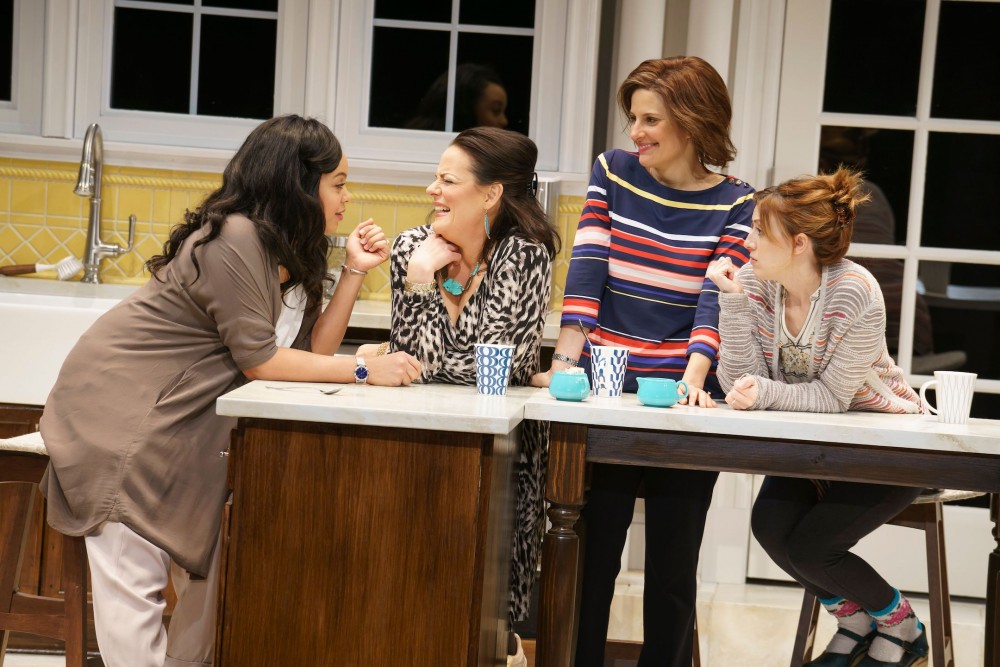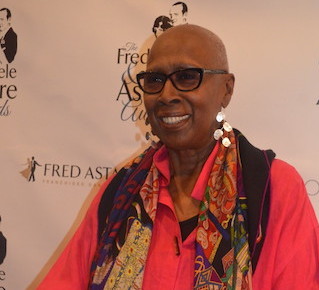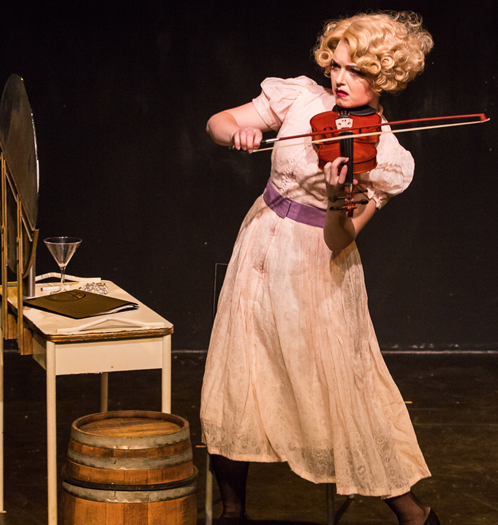by Michael Bracken
Nobody likes to be Number 2. Just ask Harry (Mark Addy), the self-satisfied pub owner and barkeep at the center of Hangmen, at the Atlantic Theater Company’s Linda Gross Theater. He’s frequently reminded of his rival, Albert Pierrepoint’s (Maxwell Caulfield) claim to fame as the best hangman in England. Past tense, that is. It’s 1965, and capital punishment’s been abolished in Britain. But that doesn’t keep Harry from flexing his once occupational muscles.
Hangmen is written by Martin McDonagh, who wrote and directed the Academy Award nominated Three Billboards Outside of Ebbing, Missouri. Given his track record (The Pillowman, The Lieutenant of Inishmore) we know we’re in for a shot of dark, twisted humor and more than a passing glance at the human underbelly. Such are McDonagh’s trademarks, and he doesn’t disappoint.
At least part of the reason McDonagh is so successful in spinning the straw of tragedy into black comedy gold is his laser-like sense of character. Harry is gruff and self-important, quick to turn on anyone at his bar who dares to express a contrary opinion. His audience incudes three barflies named Bill (Richard Hollis), Charlie (Billy Carter), and Arthur (John Horton). Think Norm and Cliff from Cheers with north-country British accents. In fact, Hangmen borrows liberally from the Cheers template but twists it into something far darker, deeper, and less dependent on one-liners.
As Harry’s wife, Alice, Sally Rogers is a study in down-to-earth. Alice puts up with her husband’s bombast and their patrons’ inanities without blinking an eye. Rogers glorifies her ordinariness in a performance that’s succinct and unselfconscious. Even when her fifteen-year-old daughter, Shirley (Gaby French), goes missing in Act II, she keeps her cool while showing the strain of her anxiety.
Into the dark den (wonderfully lit by Joshua Carr) of Harry’s pub walks Mooney (Johnny Flynn), a young Londoner full of energy that does nothing to energize the motley crew at the bar. It’s never clear what exactly brings him to the neighborhood, but there’s a suspicion among some of the locals that he’s somehow connected with, perhaps the true perpetrator of, a crime committed by Hennessey (Gilles Geary – in a brief stint at the top of the show), whom Harry hanged two years earlier, although many considered him innocent.
Mooney remains an enigma throughout, always in contrast to the older but hardly wiser pub patrons. Flynn’s take on him is charismatic and fast-talking. He doesn’t exactly seem like a con man, but if you learned he was one you wouldn’t be surprised. In this case, however, the con is on him. When Shirley disappears, all eyes turn to Mooney, who had been flirting with her the day before. It’s not a pretty picture.
McDonagh’s dialogue is, true to form, crisp and clear. Not a lot of fat there. It’s amazing how well he keeps us engaged when Harry, the closest thing to a protagonist, is so unlikable. Addy chooses not to show us the softer kinder core beneath his flinty exterior for good reason: it doesn’t exist.
Director Matthew Dunster and his creative team deliver a world that sucks us right in; we could be sitting at the next table at the pub. Anna Fleischle’s wood-paneled set makes a wonderfully expansive tavern, and Carr’s soft bar lighting is always bright enough for clarity and dim enough for authenticity, subtly focusing on individuals as called for. Dunster coaxes fine performances from his cast, who are marvelously in sync with each other.
And then there’s McDonagh’s play. Less outrageous than some of his other work, it still does what he does best. It forces us to acknowledge the venality of human behavior, even while we laugh it off.
Photos: Ahron R. Foster
Through March 7th off-Broadway at the Atlantic Theater Company’s Linda Gross Theater (336 W. 20th Street). https://atlantictheater.org/playevents/hangmen/ . Two hours fifteen minutes with one intermission.


